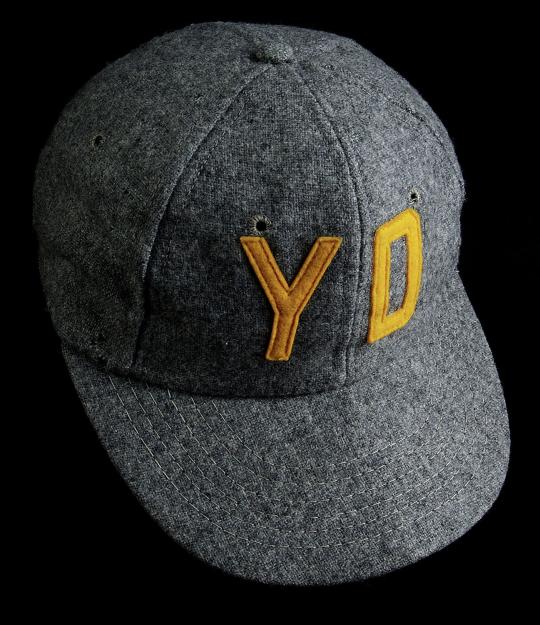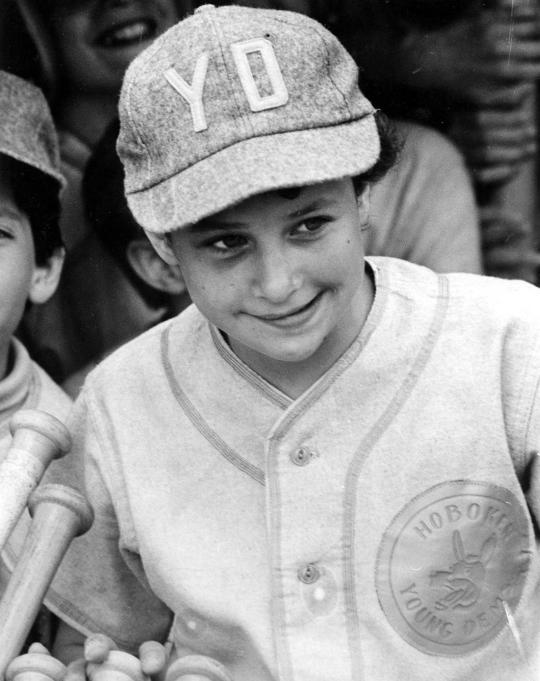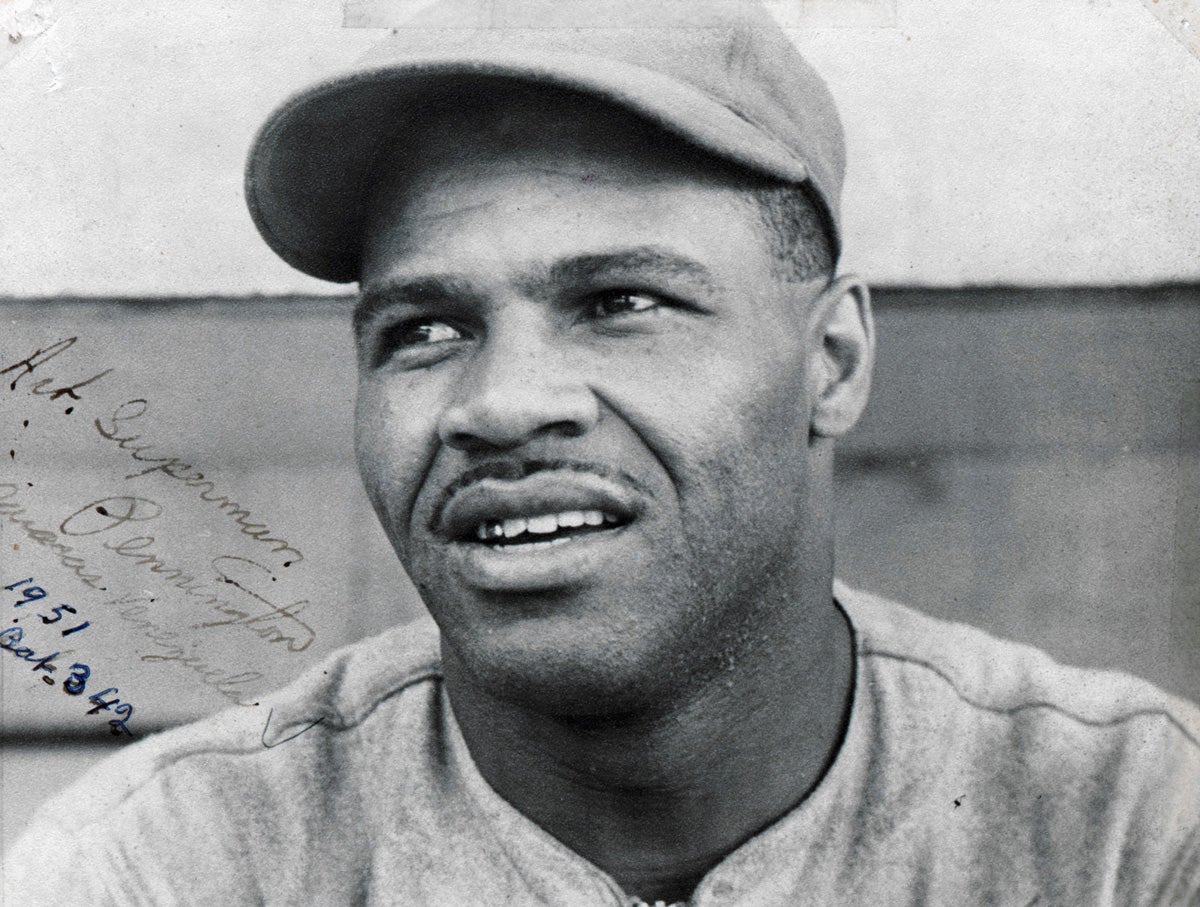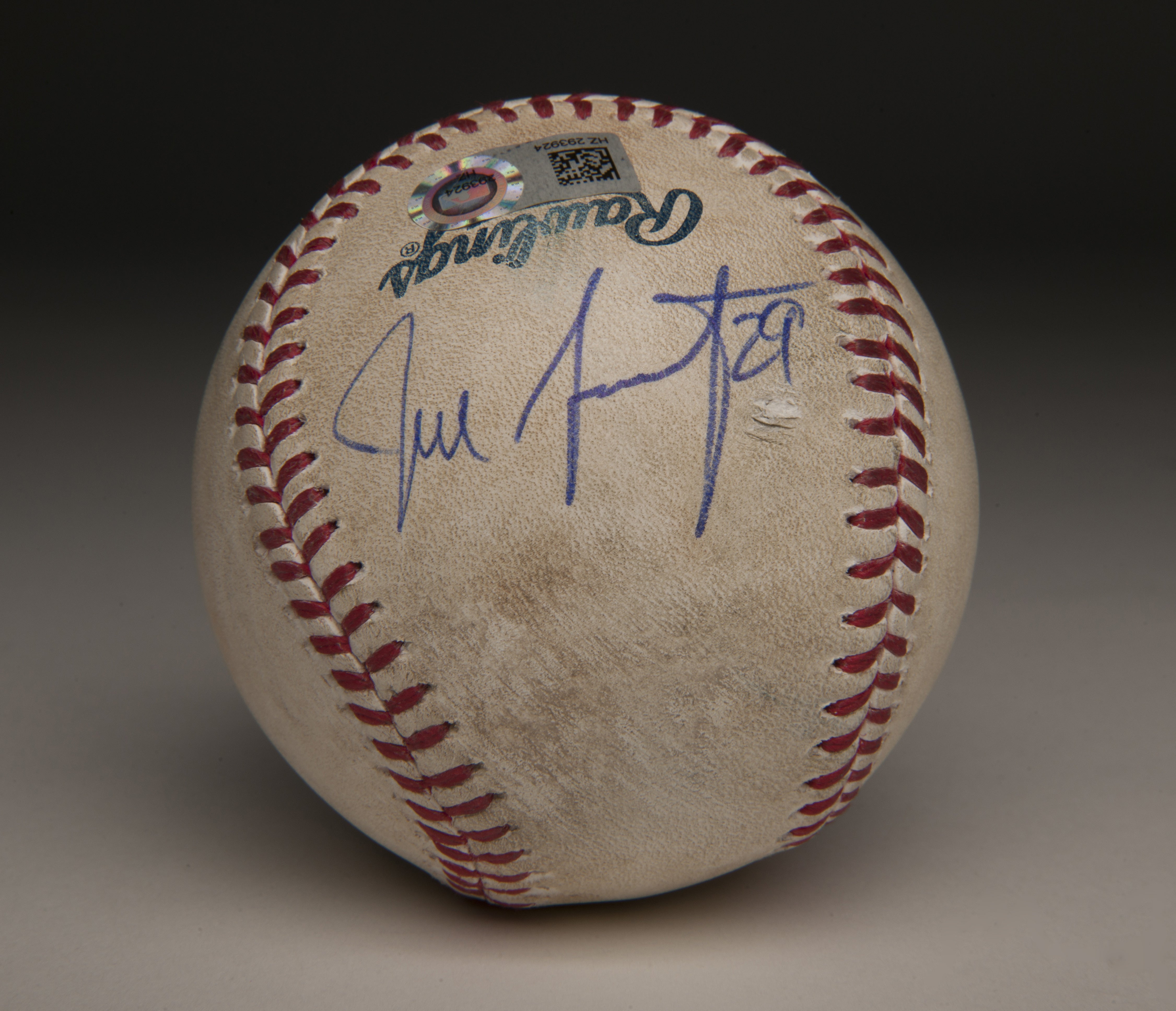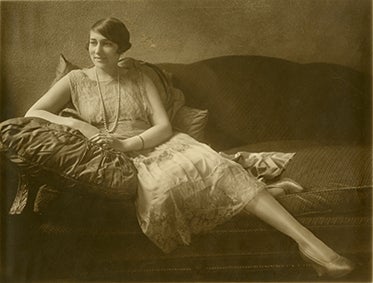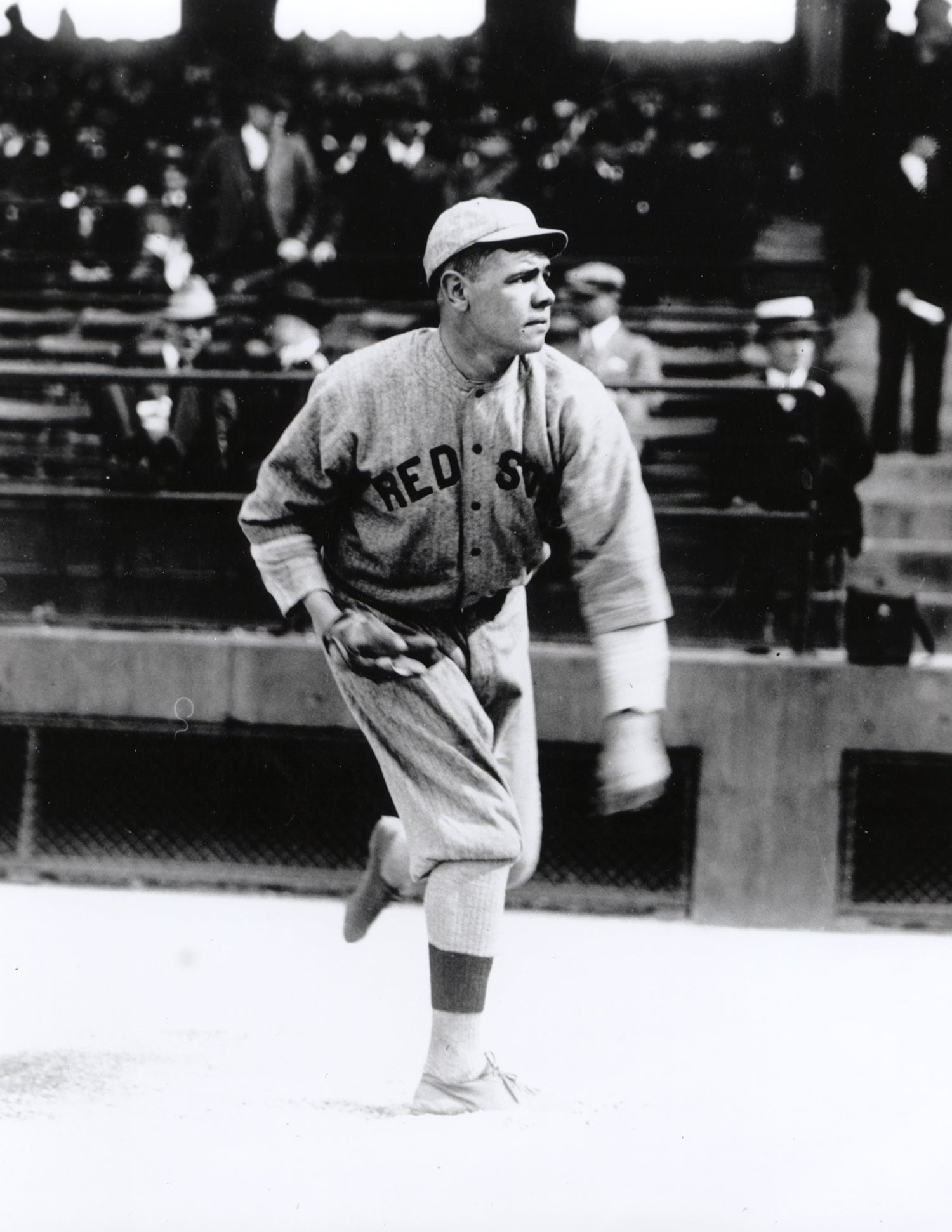#Shortstops: Maria Pepe changes the face of Little League
Pepe’s dismissal from her team drew media attention and publicity, which in turn, drew the attention of the National Organization for Women (NOW). Her parents received a call from NOW asking if they could represent their daughter in a lawsuit against Little League Baseball. The case dragged on for over two years, but in 1973, Sylvia Pressler, a New Jersey judge, decided in favor of Pepe and the in the following year, the ruling was upheld by the Superior Court, forcing the amendment of the original Little League Federal Charter to remove the gender clause. Unfortunately, by the time New Jersey Little Leagues were ordered to admit young women in their organization, Pepe was too old to play again on the Young Democrats. However, the next year over 30,000 young women signed up to participate on Little League teams across the country. It is estimated that over 2.5 million youth athletes worldwide currently participate in the Little League organization. Many of those talented athletes are young women who can follow their baseball dreams, thanks to Maria Pepe.
Anna Wade is the former director of museum education for the National Baseball Hall of Fame and Museum

